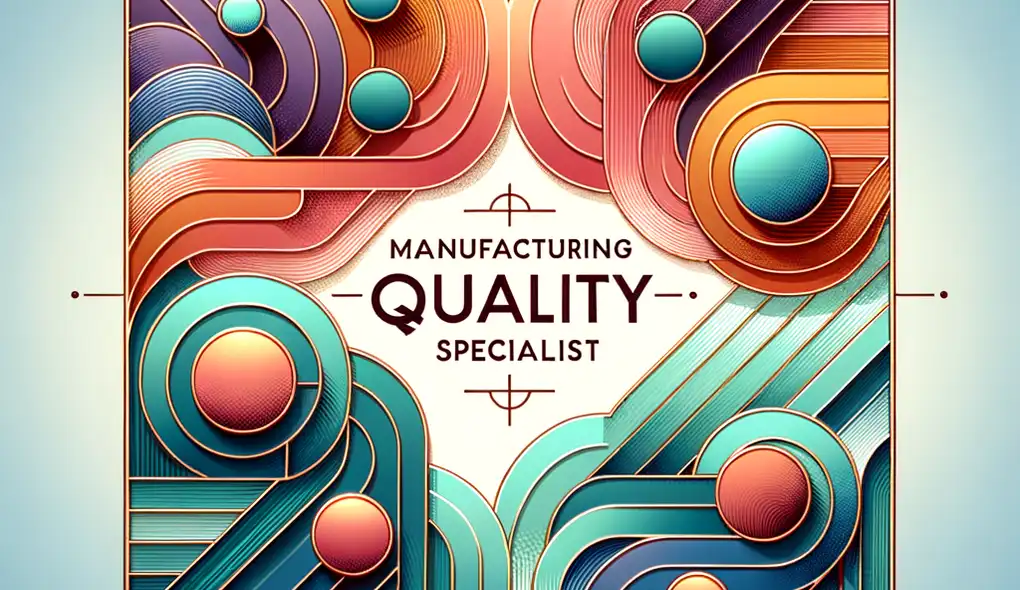How do you approach training and knowledge transfer in a manufacturing quality context?
Manufacturing Quality Specialist Interview Questions
Sample answer to the question
When it comes to training and knowledge transfer in a manufacturing quality context, I believe in a hands-on approach. I start by thoroughly understanding the specific quality requirements and standards of the product or process. Then, I work closely with the team to develop a comprehensive training plan that includes both theoretical knowledge and practical skills. I also conduct regular training sessions and workshops to ensure that everyone is up to date with the latest techniques and procedures. Additionally, I encourage a culture of knowledge sharing within the team, where members can learn from each other's experiences and expertise. Overall, my goal is to create a well-informed and skilled team that can consistently deliver high-quality products.
A more solid answer
In a manufacturing quality context, I approach training and knowledge transfer by first conducting a thorough analysis of the current quality processes and procedures. This helps me identify any gaps or areas for improvement. Based on this analysis, I develop a comprehensive training plan that covers both theoretical knowledge and practical skills. I believe in a hands-on approach, so I provide on-the-job training and guidance to ensure that the team fully understands and implements the quality standards. I also leverage technology and tools to facilitate knowledge transfer, such as creating digital training materials and using interactive sessions. Communication is key in this process, so I maintain open lines of communication with the team to address any questions or concerns. Additionally, I encourage a culture of continuous learning and improvement by organizing regular knowledge sharing sessions and providing opportunities for professional development.
Why this is a more solid answer:
The solid answer provides more specific details and examples of the candidate's approach to training and knowledge transfer in a manufacturing quality context. It highlights the candidate's ability to analyze processes, develop comprehensive training plans, provide hands-on guidance, leverage technology, maintain communication, and promote continuous learning. However, it could still be improved by including specific examples of past experiences and measurable outcomes of the candidate's training and knowledge transfer efforts.
An exceptional answer
Training and knowledge transfer in a manufacturing quality context is a critical aspect of ensuring consistent product quality. My approach starts with a deep understanding of the quality standards and requirements specific to the product or process. I conduct thorough assessments of the existing training programs and identify areas for improvement. I collaborate closely with subject matter experts and stakeholders to develop a tailored training curriculum that addresses the specific needs of the team. I incorporate various training methods, such as classroom sessions, hands-on simulations, and on-the-job training, to cater to different learning styles. Continuous evaluation and feedback mechanisms are implemented to measure the effectiveness of the training and make necessary adjustments. To promote knowledge transfer, I establish a documentation system that includes standard operating procedures, work instructions, and training materials. Regular knowledge sharing sessions and cross-functional collaborations are also encouraged to facilitate learning from peers. Additionally, I utilize technology solutions to enhance training experiences, such as virtual reality simulations and online training platforms. By fostering a culture of quality excellence and continuous improvement, I ensure that the team is equipped with the necessary knowledge and skills to uphold the highest quality standards.
Why this is an exceptional answer:
The exceptional answer demonstrates a comprehensive approach to training and knowledge transfer in a manufacturing quality context. It showcases the candidate's ability to analyze and improve existing training programs, collaborate with stakeholders, tailor training methods, establish documentation systems, promote knowledge sharing, utilize technology solutions, and foster a culture of quality excellence. The answer also emphasizes the candidate's focus on continuous evaluation and improvement of the training efforts. It could further be improved by providing specific examples of past experiences and measurable outcomes to support the claims.
How to prepare for this question
- Research and familiarize yourself with the quality assurance methodologies and processes relevant to manufacturing.
- Gain knowledge of industry-related quality standards and regulations.
- Highlight your experience in using quality inspection tools and equipment.
- Prepare examples of how you have successfully implemented quality improvement initiatives in the past.
- Demonstrate your analytical skills by discussing how you have analyzed quality data to identify trends and problem areas.
- Practice explaining your approach to training and knowledge transfer in a clear and concise manner.
- Be prepared to provide specific examples of past experiences and measurable outcomes of your training and knowledge transfer efforts.
- Emphasize your ability to communicate effectively and work both independently and in a team environment.
What interviewers are evaluating
- Attention to detail
- Analytical skills
- Communication skills
- Problem-solving abilities
Related Interview Questions
More questions for Manufacturing Quality Specialist interviews